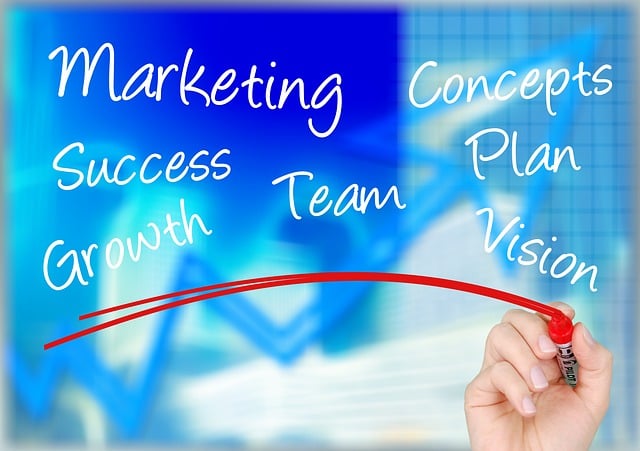AI-driven table turnover optimization is revolutionizing personalized marketing in hospitality, leveraging algorithms and machine learning to predict customer behavior throughout their dining experience. By analyzing data from purchase history to social media interactions, this technology optimizes turnover with dynamic menus, real-time staffing, and tailored promotions. It automates marketing strategies through advanced analytics and targeted campaigns, enhancing customer engagement, increasing repeat business, and fostering brand loyalty. Implementing AI-driven table turnover optimization involves integrating it with reservation platforms, training models on historical data, and refining algorithms based on performance, leading to enhanced restaurant efficiency and maximum revenue potential.
In today’s competitive business landscape, AI-driven table turnover optimization is transforming marketing strategies. This article delves into the innovative systems that personalize customer experiences, enhancing engagement and retention. We explore how artificial intelligence can optimize table turnover by analyzing customer behavior, predicting preferences, and delivering targeted promotions. By understanding the key components and implementing best practices, businesses can leverage AI to drive significant growth and stay ahead of the curve in their marketing efforts.
- Understanding AI-Driven Table Turnover Optimization
- Components of an Effective AI Business Personalized Marketing System
- Implementing AI for Table Turnover: Strategies and Best Practices
Understanding AI-Driven Table Turnover Optimization

AI-driven table turnover optimization is a game-changer in personalized marketing, revolutionizing how businesses manage customer interactions and maximize revenue. By leveraging advanced algorithms and machine learning techniques, this technology predicts and influences customer behavior at each touchpoint. It optimizes table turnover by analyzing vast amounts of data, identifying patterns, and providing actionable insights to enhance the overall dining experience.
This system goes beyond basic recommendations by offering dynamic menu adjustments, real-time staffing solutions, and personalized promotions based on individual preferences and past interactions. As a result, businesses can improve customer satisfaction, reduce wait times, and increase revenue per table, ensuring a thriving and efficient restaurant operation.
Components of an Effective AI Business Personalized Marketing System

An effective AI business personalized marketing system is a powerful tool for any company aiming to enhance its customer engagement and drive growth. The key components of such a system revolve around data collection, advanced analytics, and intelligent automation. First, robust data collection mechanisms are essential, capturing detailed customer information from various sources like purchase history, online behavior, and social media interactions. This raw data is then transformed into actionable insights through sophisticated AI algorithms that analyze patterns, preferences, and trends.
The heart of the system lies in its ability to automate personalized marketing strategies. Using machine learning models, it can predict customer needs, segment audiences precisely, and deliver targeted campaigns. For instance, an AI-driven table turnover optimization strategy could recommend personalized offers to customers based on their past interactions, increasing the likelihood of repeat business. This level of customization not only improves customer satisfaction but also fosters stronger brand loyalty.
Implementing AI for Table Turnover: Strategies and Best Practices

Implementing AI for Table Turnover Optimization is a strategic move that can significantly enhance restaurant efficiency and customer satisfaction. By leveraging machine learning algorithms, businesses can analyze vast amounts of data, from booking patterns to table preferences, to predict and manage demand. This predictive capability ensures optimal staffing levels, minimizing wait times while maximizing revenue potential.
Best practices include integrating AI systems with existing reservation platforms, utilizing historical data for training models, and continuously refining algorithms based on real-world performance. Personalized marketing strategies can further boost AI effectiveness, targeting specific customer segments with tailored promotions to increase table turnover rates.
AI-driven table turnover optimization is not just a trend but a game-changer for personalized marketing. By implementing advanced algorithms and data analytics, businesses can create dynamic, customer-centric strategies that enhance engagement and drive revenue growth. The key lies in integrating these systems seamlessly, leveraging real-time insights, and adopting best practices to ensure successful outcomes. With the right components in place, AI business personalized marketing systems offer a strategic advantage, allowing companies to navigate the competitive landscape effectively and deliver exceptional customer experiences.
